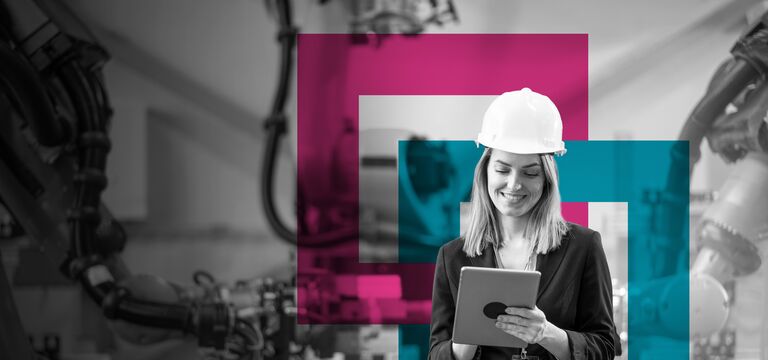What is MHRA and what does it do?
In light of recent events, we decided to showcase some of the key players in healthcare and the important work they do. We recently looked at vaccine production and the key processes involved, and now we will look at MHRA. So, what is MHRA and what role does it play within healthcare?
What is MHRA?
MHRA stands for Medicines and Healthcare products Regulatory Agency and it is part of the UK’s Department of Health. Employing around 1,200 people across England, the Agency is responsible for regulating medicines, medical devices and blood donations for transfusions within the UK. It is instrumental in protecting and maintaining public health, supporting development and innovation in this area and running both the Clinical Practice Research Datalink (CPRD) and the National Institute for Biological Standards and Control (NIBSC).
What does the MHRA do?
The MHRA makes sure that any medicine or medical device is safe to use, and it meets the required quality and regulatory standards. A medical device can be anything from a plaster to an asthma inhaler or a ventilator used within a hospital setting. All medicines need to obtain a licence from the MHRA before they can be prescribed or sold within the UK. This ensures that they are both effective and safe to use.
The MHRA also continues to monitor the use of new medicines. Patients or doctors can record any issues with the MHRA that may require further investigation through the Yellow Card scheme. Having a scheme like this in place also helps to trace and record counterfeit medicines, for example, the reports of fake products that claimed to protect against, test for or cure coronavirus. Items like these are not only dangerous due to the lack of medical authentication, but they provide false hope for people during a difficult time.
The MHRA’s part in combating coronavirus
To further answer the question about 'who is MHRA?' it is important to highlight the crucial role that it plays in the fight against coronavirus. The MHRA provides up-to-date guidance for a variety of functions within healthcare. It also facilitates vaccine production and clinical trials for COVID-19 and ensures that front-line staff have an adequate supply of necessary equipment. This includes guidance on using test kits and the flexible approach it has taken to registration in order not to hamper critical care.
Essentially, they are key to ensuring that all preventative treatment, protective gear and hospital equipment needed is safe, licenced and meets all regulatory requirements involved. This means that patients are getting the best possible care without compromising the safety of healthcare workers.
Remote working with Ideagen
We are also doing what we can to help during the coronavirus outbreak. Our online Coronavirus and Remote Working course is available free of charge for all NHS workers. It’s aimed at employees who are usually office-based, ensuring effective home working practices and supporting the NHS at this crucial time. If you work for the NHS, register now for free access.
Among the organisations that Ideagen supports, many are involved in the response to the COVID-19 pandemic. In this blog we’ve answered the question ‘What is MHRA and what does it do?’ and, in future blogs, we’ll continue to share our insights into the work currently going on against the coronavirus.
Aaron is an experienced content writer specializing in quality and compliance, with a focus on regulatory standards and enhancing operational practices. With a strong background in the life sciences and manufacturing industries, he excels at creating clear, impactful content that supports organizations in achieving sustainable excellence and meeting complex industry requirements.


